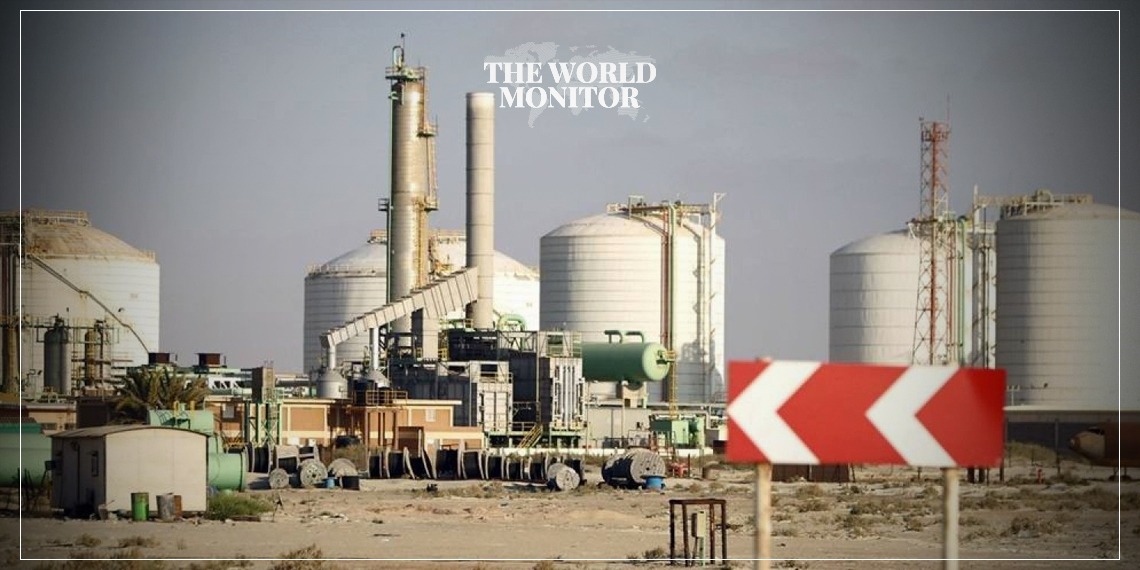Libya has achieved oil revenues totalling $6 billion in the first quarter of this year and expects to reach an average revenue of $25 billion for the full year, according to Suhail Boushiha, the Deputy Minister of Economy and Trade.
In an exclusive interview with Sky News Arabia on the sidelines of the annual meetings of the IMF and the World Bank in Washington, Boushiha highlighted the significant role of oil in Libya’s economy.
The Libyan economy heavily relies on oil revenues, which amounted to 99.1 billion Libyan dinars ($20.69 billion) last year, a slight decrease from 105.4 billion Libyan dinars in 2022, as per the Central Bank of Libya’s data.
Libya, a member of OPEC and home to Africa’s largest oil reserves has experienced political and security turmoil in recent years.
This unrest led to a drop in oil production to less than 700,000 barrels per day by mid-2022. However, production later rebounded to 1.2 million barrels per day and has maintained this level since.
Boushiha told Sky News Arabia that the government’s plan aims to increase the country’s oil production to 1.4 million barrels per day this year, with a goal to further boost production to two million barrels per day by 2026.
He noted that Libya is expanding its oil and gas exploration and drilling activities, with $18 billion allocated for these investments.
The deputy minister also mentioned that Libya’s economy is benefiting this year from increased oil production and global prices, along with growth in the private sector and its rising contribution to the GDP. ”
Over the last three years, the private sector has grown significantly, contributing more to the country’s GDP and revenue streams, which was not the case previously,” Boushiha stated.
He added that the Libyan private sector expanded by over 35% last year compared to 2021, and highlighted the increasing number of foreign companies operating in Libya, from neighbouring countries to Latin America, representing more than 55 nationalities.






